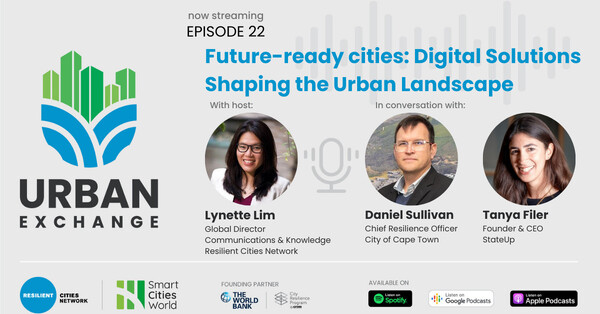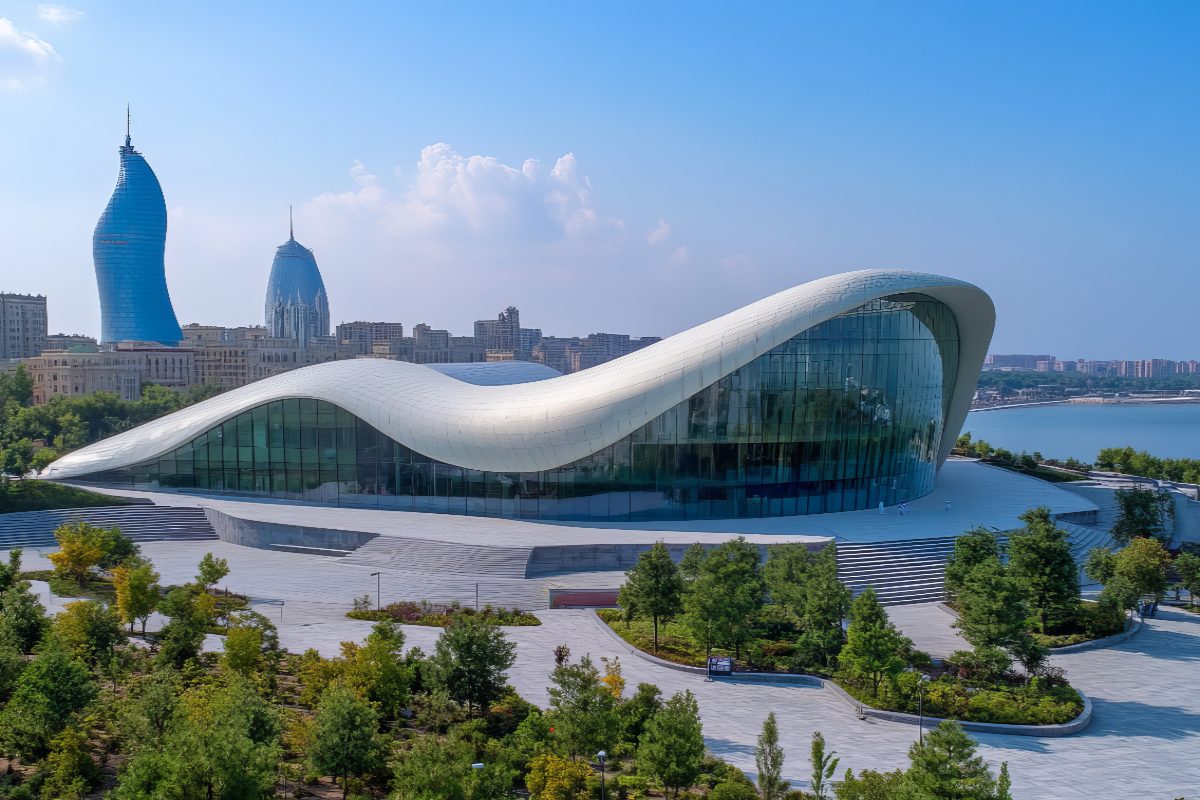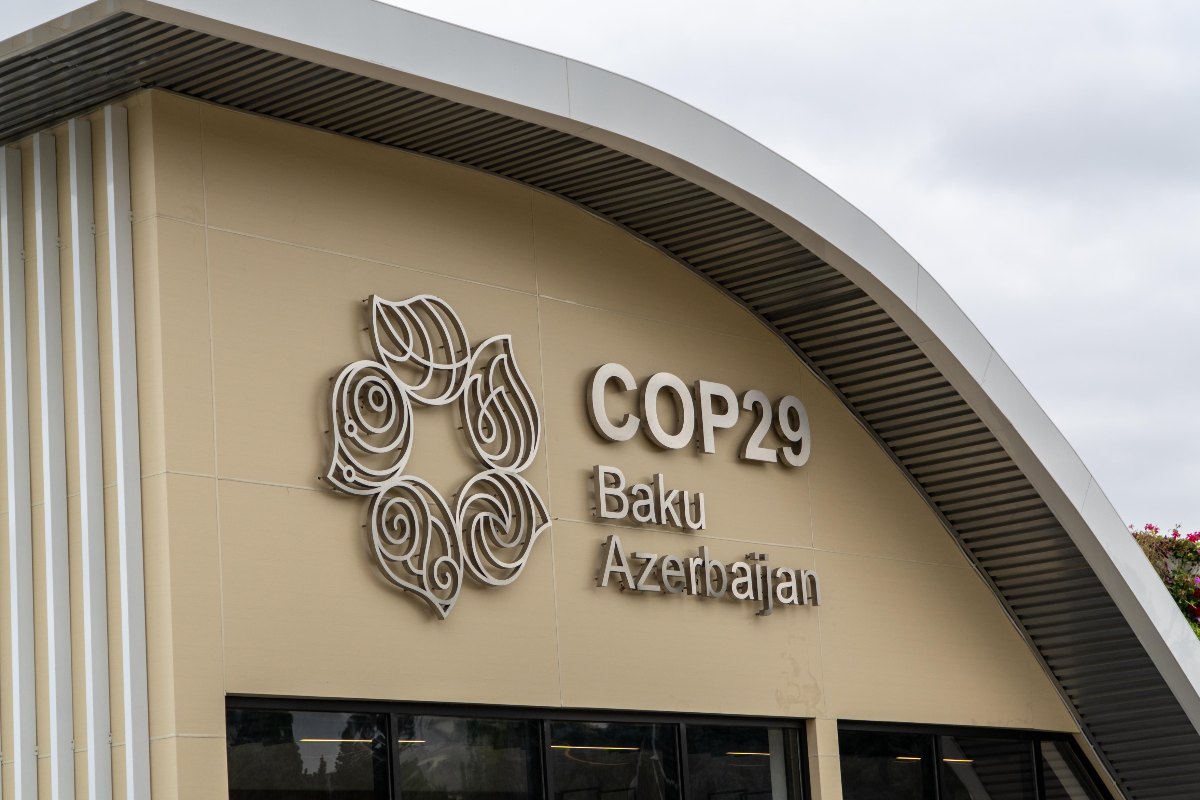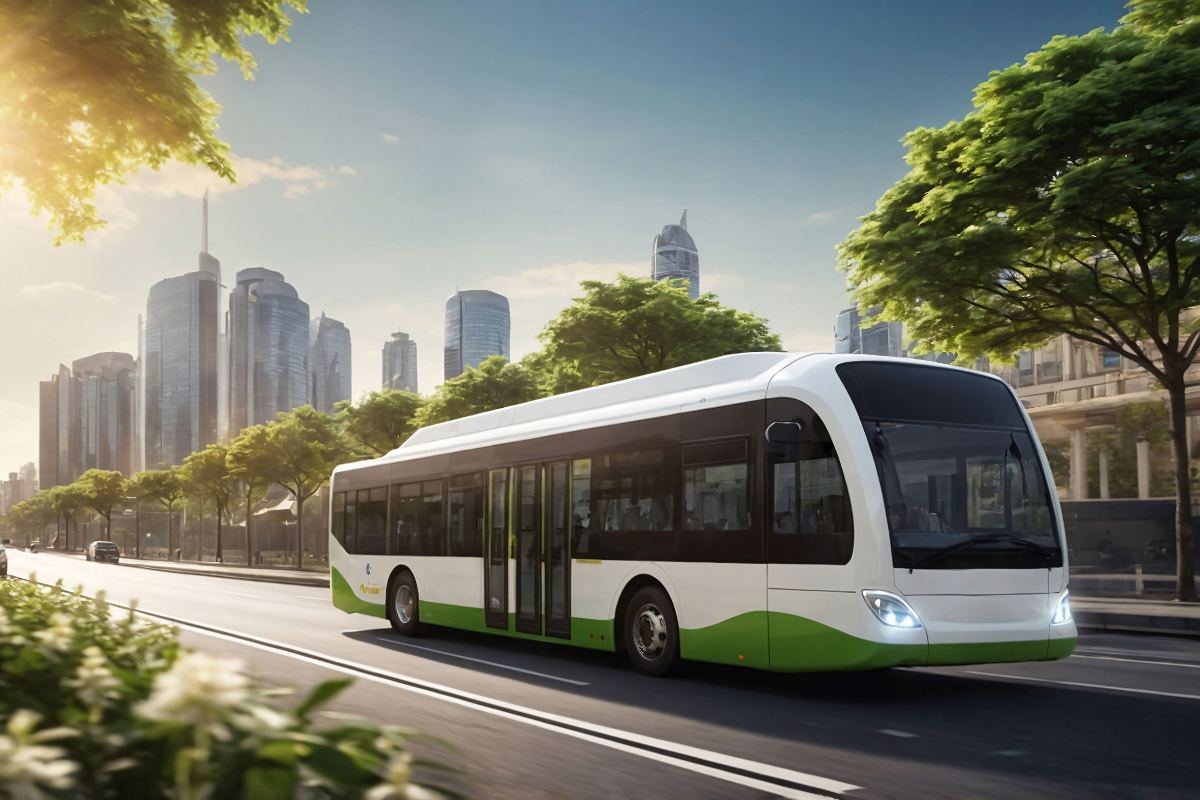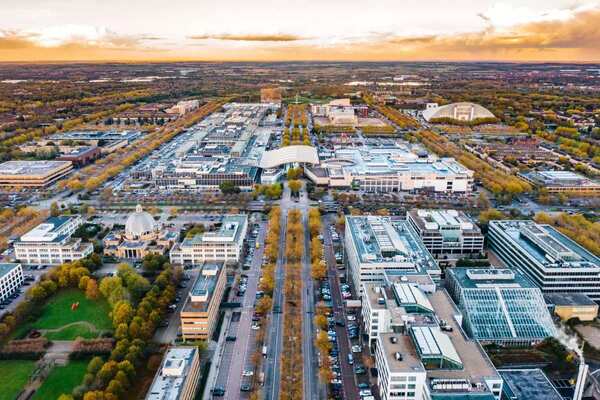Special Reports
SusHi Tech Tokyo 2024: experience ‘Tokyo 2050’ todaySponsored by The SusHi Tech Tokyo 2024 Showcase Program Executive Committee
Surrey County Council rolls out intelligent street lighting
The three-year project will see around 89,000 streetlamps replaced or retrofitted with energy efficient LEDs and is predicted to save around 7,700 tonnes of carbon emissions each year.
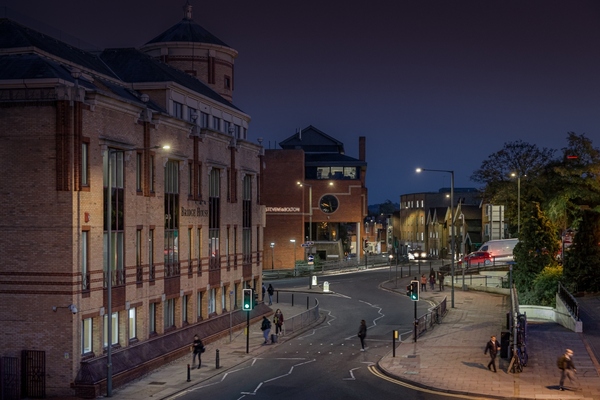
Surrey County Council in the UK is deploying s smart street lighting solution which is predicted to save around 7,700 tonnes of carbon emissions each year.
Smart city solutions specialist Urban Control has been appointed to deliver the system, in partnership with sister company DW Windsor, that will also provide a network on which to build longer-term innovations.
Futureproof network
Over the course of three years, the project, which is being managed by the council’s street light contractor Skanska, will see around 89,000 streetlamps replaced or retrofitted with energy-efficient LEDs, delivering expected energy savings of around 60 per cent. Urban Control will also upgrade the existing central management system (CMS) to offer an intelligent solution that has the capacity to grow and adapt to the council’s ongoing needs.
With the sensor-ready lighting and upgraded CMS installed, Surrey County Council will have access to data that enables it to better manage the county’s lighting in terms of safety, energy use and maintenance, as well as enabling potential efficiencies across a host of other areas, including traffic control, air quality, environmental monitoring and flood management.
The system is scalable and can be adapted to other applications as future needs require.
“The biggest challenge in completing a project such as this is the successful commissioning of the new CMS, while simultaneously decommissioning the old system,” said Simon Woodford, business director, Skanska. “This particularly can present challenges in monthly energy settlement.”
“As the Surrey PFI is only 10 years old, it meant that there were in the region of 60,000 lanterns within the network that were perfectly serviceable”
To mitigate this problem, Skanska in conjunction with Urban Control, has aligned the delivery programme with the decommissioning of the old CMS, which is being taken offline on a ward-by-ward basis. This means that there is no gap in the availability of lighting controls and the energy-saving profile of the project is protected throughout.
Further savings have also been achieved by reusing some of the existing hardware, and Urban Control has worked closely with DW Windsor to develop a solution that enables maximum efficiency across the council’s assets already in-situ.
“As the Surrey PFI (private finance initiative) is only 10 years old, it meant that there were in the region of 60,000 lanterns within the network that were perfectly serviceable,” added Woodford. “DW Windsor developed an LED gear tray, which allowed a retro-fit solution to upgrade the existing luminaire carcasses, providing a greener solution to Surrey County Council, whilst also delivering tangible cost-savings.”
In addition to developing the modified gear tray, the LED luminaire specification was upgraded to include DW Windsor’s Kirium Eco LEDs throughout the project, providing a joined-up service from the related companies. These have been specifically optimised for residential applications and claims to further improve energy performance.
“Moving this project into a position of delivery has taken many months due to the complex agreements associated with PFI. However, both teams have worked collaboratively, resolving any issues and are now delivering a world class project across a large county. This will benefit all residents as we move forward, achieving new innovations and a smarter more environmentally friendly contract,” said Woodford.
As-a-service model
At the end of the three-year deployment period, Urban Control will move to the 15-year service phase of the contract. For many local authorities, it is this aspect of the supply model that makes smart city technologies more attainable.
By providing the network and software upgrade as-a-service, Urban Control retains ownership of the technology itself, meaning the council will benefit from ongoing innovations without having to make significant reinvestments in the future.
“At Urban Control, we’re not just selling products in the traditional sense, instead, we offer value as a service,” said Rob Lumley, chief operating officer, Urban Control. “It’s an outcome-based solution, whether the desired result is energy savings, environmental management or better traffic monitoring. We provide the data to build a business case for civic and planning decisions – and the application potential is unlimited.
“The art is in joining the dots between seemingly unconnected data sets and drawing new insights from the information. For example, a council could use the data to gather the evidence required to pedestrianise an area or to install traffic calming measures.”
You might also like:
- TerraGo and Urban Control partner for intelligent street lighting
- Smart cities: Are we asking the wrong questions?
- UK council smart lighting pilot monitors air quality and footfall







